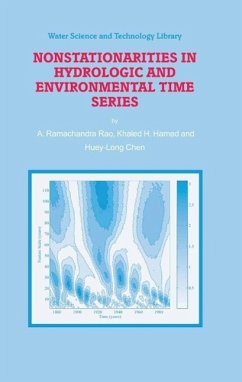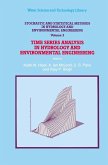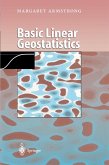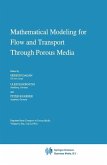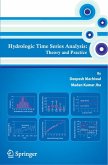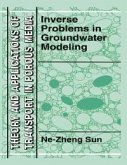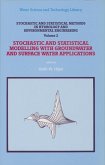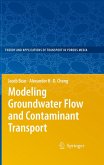Dieser Download kann aus rechtlichen Gründen nur mit Rechnungsadresse in A, B, BG, CY, CZ, D, DK, EW, E, FIN, F, GR, HR, H, IRL, I, LT, L, LR, M, NL, PL, P, R, S, SLO, SK ausgeliefert werden.
"The authors consider a number of modern statistical tests of nonstationarity, including trend analysis, multitaper method and maximum entropy spectral analysis, evolutionary spectral analysis, wavelet analysis, and series segmentation through change point detection. ... this book is well organized and easy to read ... . A clear distinction is made between processes with discrete, continuous, and mixed spectra ... . Nonstationarities in Hydrologic and Environmental Time Series addresses a number of important issues and ideas ... ." (Adam Monahan, Bulletin of the American Meteorological Society, March, 2005)

